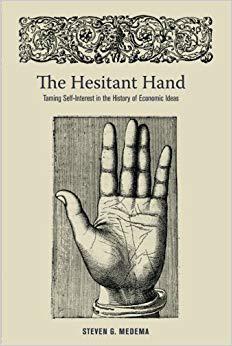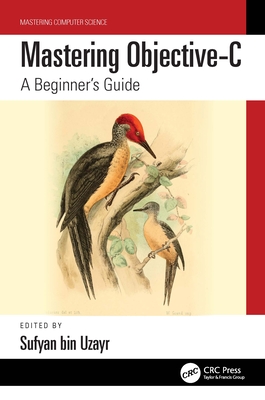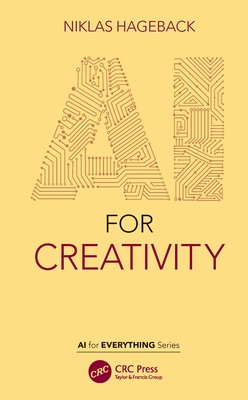
The Hesitant Hand:Taming Self-Interest in the History of Economic Ideas
犹豫不决的手:经济思想史中驯服自我利益 重印版
管理经济学
¥
355
售 价:
¥
284.00
优惠
平台大促 低至8折优惠
发货周期:预计8-10周
作 者
出版时间
2011年03月06日
装 帧
平装
页 码
230
开 本
9.10 x 6.00 x 0.80
语 种
英文
综合评分
暂无评分
- 图书详情
- 目次
- 买家须知
- 书评(0)
- 权威书评(0)
图书简介
Adam Smith turned economic theory on its head in 1776 when he declared that the pursuit of self-interest mediated by the market itself--not by government--led, via an invisible hand, to the greatest possible welfare for society as a whole. The Hesitant Hand examines how subsequent economic thinkers have challenged or reaffirmed Smith’s doctrine, some contending that society needs government to intervene on its behalf when the marketplace falters, others arguing that government interference ultimately benefits neither the market nor society.
Steven Medema explores what has been perhaps the central controversy in modern economics from Smith to today. He traces the theory of market failure from the 1840s through the 1950s and subsequent attacks on this view by the Chicago and Virginia schools. Medema follows the debate from John Stuart Mill through the Cambridge welfare tradition of Henry Sidgwick, Alfred Marshall, and A. C. Pigou, and looks at Ronald Coase’s challenge to the Cambridge approach and the rise of critiques affirming Smith’s doctrine anew. He shows how, following the marginal revolution, neoclassical economists, like the preclassical theorists before Smith, believed government can mitigate the adverse consequences of self-interested behavior, yet how the backlash against this view, led by the Chicago and Virginia schools, demonstrated that self-interest can also impact government, leaving society with a choice among imperfect alternatives.
The Hesitant Hand demonstrates how government’s economic role continues to be bound up in questions about the effects of self-interest on the greater good.
本书暂无推荐
本书暂无推荐













